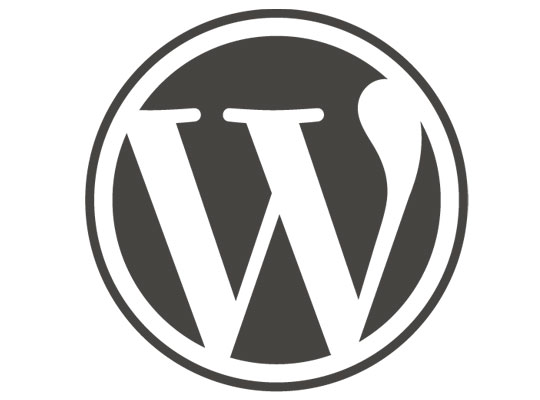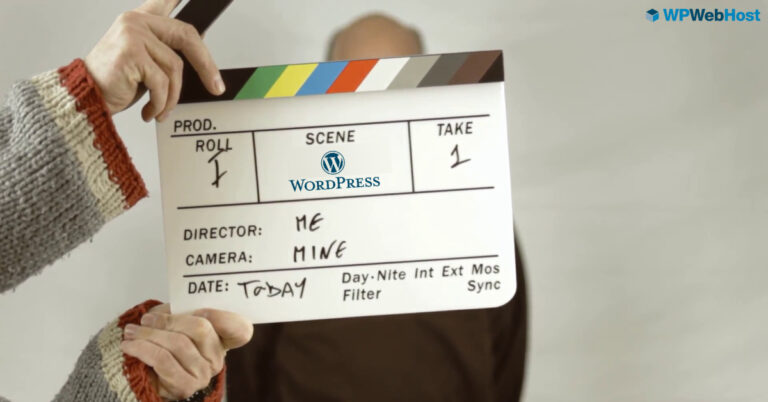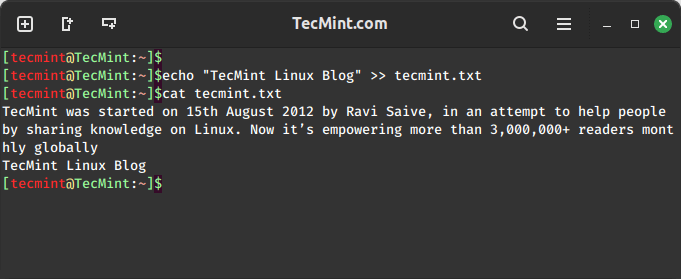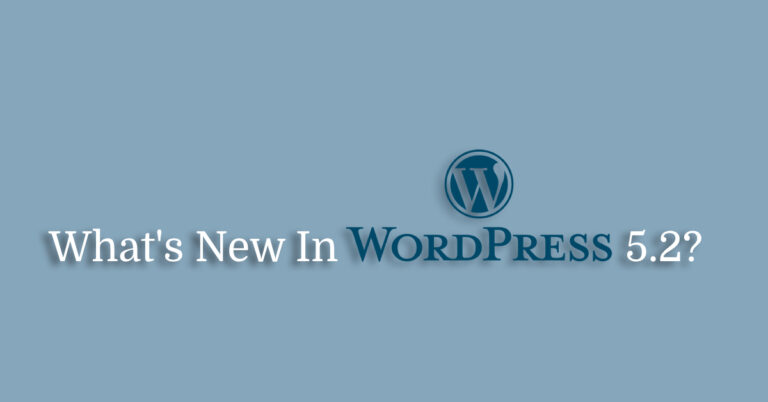

WordPress is one of the most popular and well known website hosting locations on the web. The hosting website draws in millions of people, making the site be more willing to dish out the best features. However, it is important to remember that with more individuals and users come more of an opportunity for your WordPress website to get attacked. From hacks to stolen information, it’s important to make sure that any site you host with is protected. Today, we will go over seven, easy-to-understand, security tips that both professional and amateur WordPress bloggers and website owners can learn with.
1. Make Use of Blacklisting
While there are many chances that your blog will be targeted by spammers, there is also a smaller but more nerve wrecking chance you’ll get targeted by someone worse. From repeat offenders who may stalk your comment section with unrelated comments, to individuals who continually send you unwanted messages, WordPress offers a great way to block these users through Blacklisting. To Blacklist, go to your .htaccess file, find the offender’s IP address, and enter the following code to the file:
<Limit GET POST PUT> order allow,deny allow from all deny from “IP Address” </LIMIT>
Of course, replace the whole “IP Address” text with the IP address you want to block.
2. Stay Up-To-Date
I’m always amazed at how many of the websites I write for don’t have their WordPress up to date. It is sometimes underestimated how important it is to ensure that your WordPress, and any software you use for that matter, is kept up to date. This is not just an update for some fun and cute features WordPress decides to add, updates WordPress release are also important security updates that ensure you are protected. WordPress is very friendly to posting when new updates are available, having a banner at the top when you sign in. Also visit WordPress’ software site.
3. Look into Akismet
Akismet is the well known six year old spam prevention software we all know and love. The software is smart enough to be able to detect when a comment on your latest post is spam. Akismet is an important part of WordPress, so much so that it is not necessarily a plugin but a feature of WordPress. Despite this fact, you still must remember to activate Akismet for use on your blog. Doing so is highly recommended for any user who accepts comments on their posts. To activate, simply visit the Akismet website and link it with your WordPress blog.
4. Look into Gravatar
Gravatar is the service that allows you to link your public image with a set email address. Once created, you can link it with your WordPress account simply by using the same email account associated with your Gravatar account. It is easy to sign up for, and even easier to actually implement. It is highly recommended for freelancers who write for multiple WordPress websites. How does this make your WordPress safer? By having a Gravatar, it lets your readers know that you are who you are. When you comment on your posts, the reader knows the comment is really you.
5. Change Your Password Periodically
This tip is a dead ringer. It is highly recommended to update your password at least every time there is a new WordPress version, at most every three-six months. This is recommended because if you keep the same password, hackers are likely to not only see you as a target, but also one they can repeatedly target. Additionally, if you are a more popular website, you are seen as an even larger threat.
Very few accounts online have the software to really know how to alert you when an individual hacks your account. If you never know, they’ll find you as a gold mine. If you find it hard to remember the passwords, keep them in a safe place written down or as a word document. If you find it hard to think of a password, random.org’s password randomizer is highly recommended.
6. Be Cautious About Links
Links can be a brutal way of passing along nasty hacks and viruses for your WordPress. Many times, a link can also be deceiving. I know that’s not the best thing to tell you, knowing the fact that every tip in this article comes with a link. However, hackers always use link, especially linked text, as a way of “redirecting” you to another site. As a writer, you should remember to not make use of redirecting as much as possible. If you must, at least make it as a rule for yourself to be cautious when clicking on linked text. This is very easy to do. The McAfee SiteAdvisor website allows you to enter a link to see if it’s safe or not. It’s a highly recommended website to check out.
Conclusion
We hope that the tips we offered to you today are helpful in better protecting your WordPress website. As you can see, the importance of staying up to date with your WordPress updates is highly crucial. There are several programs out there that are verified and ensure that your WordPress is secure. From Akismet to Gravatar, programs and services provide a way for better identity confirmation. These tips plus many more are helpful, but we are always welcoming to learning what tips you have. Let us know in the comments section any safety tips you make use of on your WordPress.




